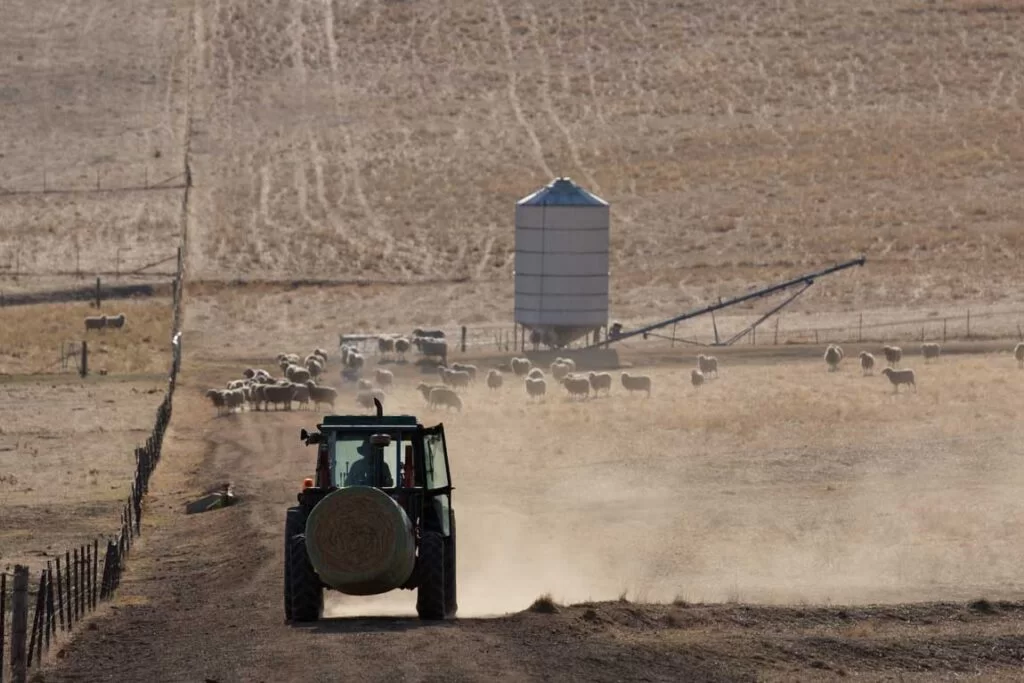Agreed to by the VFF Policy Council
Meeting 173
1 September 2021
Policy Statement
General Principles
1. The VFF acknowledges that climate change both poses challenges and presents potential opportunities for Victorian farmers.
2. The VFF acknowledges and respects the diverse views held by the Victorian farming community regarding the impact of human induced climate change and natural climate variability. Irrespective of these views, the VFF’s priority is to ensure that public responses to climate change have limited negative impacts on the agriculture industry.
3. The VFF acknowledges that agriculture is both a greenhouse gas emitting and sequestering industry. The VFF believes it is essential that the role of carbon cycling and methane’s atmospheric lifetime is considered in climate change policy affecting agriculture.
4. The VFF believes that government mitigation programs in the agricultural industries should be measurable to ensure farmers’ efforts to reduce emissions are reported and recognised in Victoria’s greenhouse gas emissions reporting framework.
5. The VFF believes governments must acknowledge the work of Victorian farmers to date in reducing emissions and adapting to climate change including through their investment in renewable energy, changed farming practices and investment in new technology.
6. The VFF commits to constructively participating in government and industry discussions and policy development regarding adaptation, mitigation and natural capital markets.
Emissions Reduction Targets
7. The VFF recognises agriculture’s role in helping to meet national emissions reductions goals and targets. The VFF supports the National Farmers Federation led economy-wide aspiration of net zero emissions by 2050.
8. The VFF’s support for emissions reductions targets specifically for the agriculture industry is contingent on those targets recognising the relevant factors outlined in Items 3, 4, 5 and 9 of this Policy Statement.
9. The VFF supports the establishment of strong emissions baselines for the agricultural industry and a strong recording framework to ensure measurable outcomes from mitigation efforts.
Farm Business and Industry Support
10. The VFF believes government and industry mitigation efforts should not negatively impact productivity and should support and reward farmers in their emissions reduction and sequestration efforts.
11. The VFF encourages investment in research and development regarding the observed and future impacts of climate change to assist farm business decision making and adaptation.
12. The VFF encourages investment in adaptation and emissions reduction technologies to ensure Victorian farmers have the tools to adapt and contribute to mitigation efforts.
13. The VFF supports investment to improve the accessibility and affordability of on farm emissions and sequestration measurement, management and reporting tools.
14. The VFF supports improvements in the accessibility of and the development of natural capital markets.
15. The VFF encourages government financial support for adaptation and mitigation efforts on farm, including but not limited to:
a. Renewable energy technology
b. Energy, resource and input efficiency projects
c. Stock feed and water infrastructure
d. Genetic and animal husbandry research and projects.
This policy should be read in conjunction with the following VFF Policy Statements:
Renewable Energy and Energy Efficiency Policy, Right to Farm Policy, Land Access Policy
